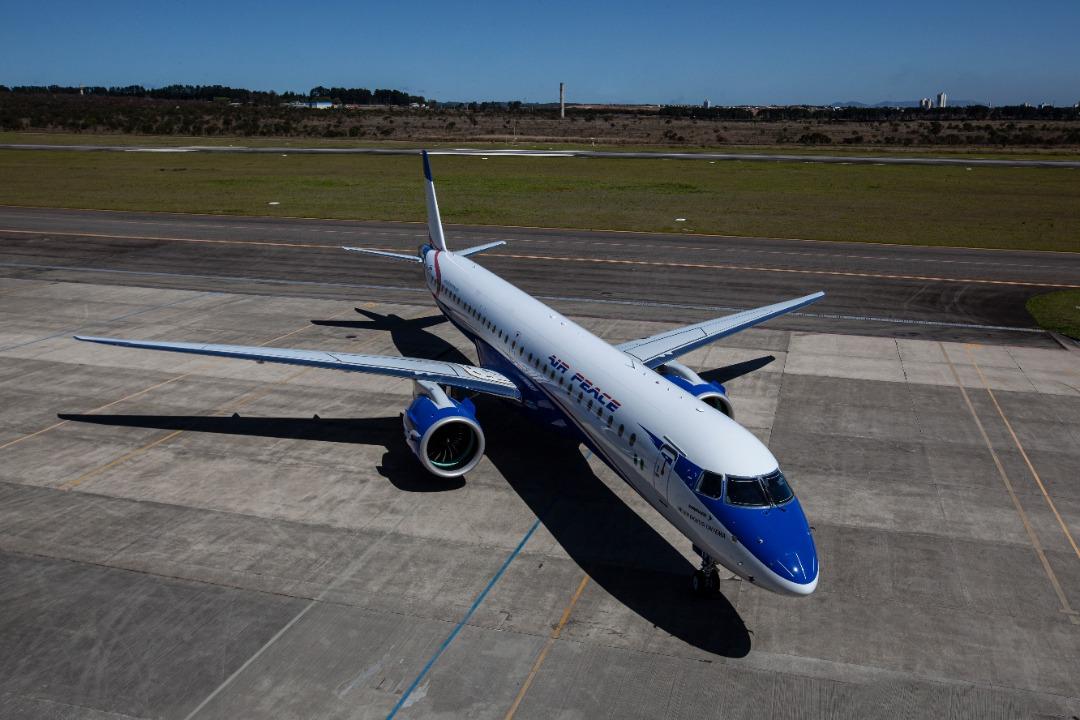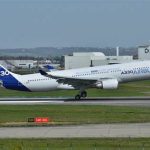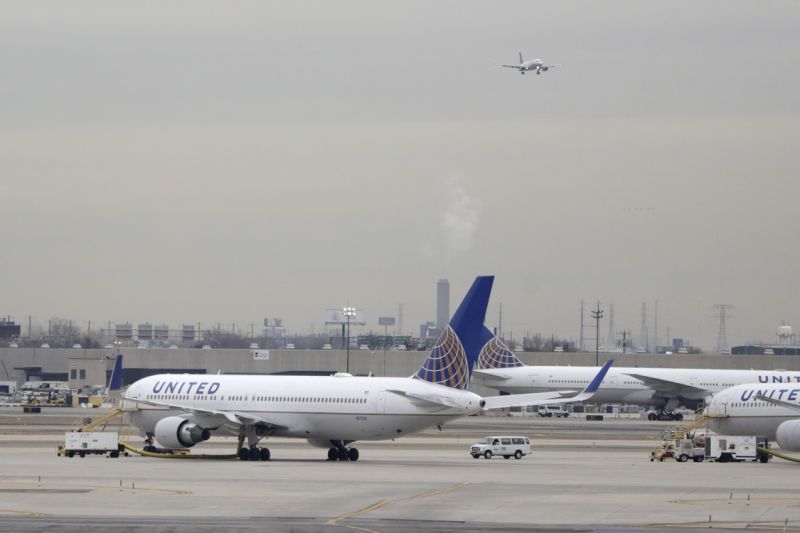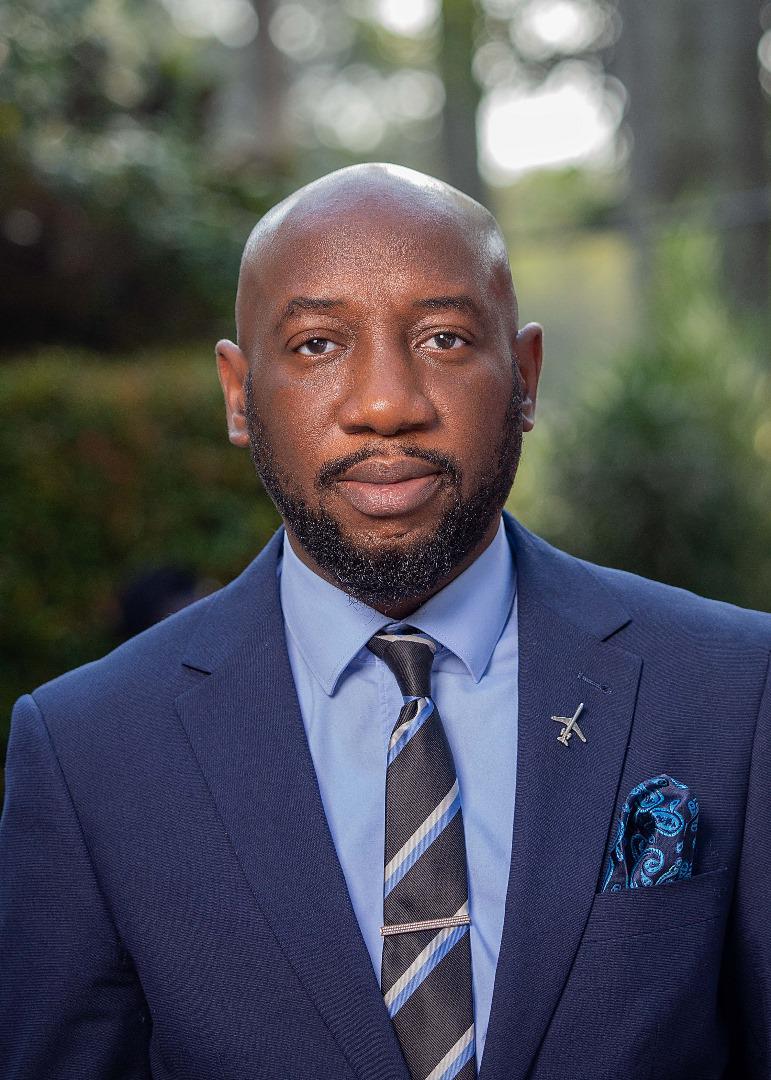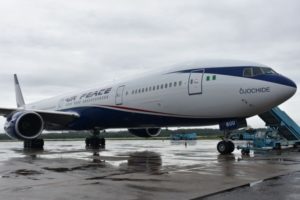
Domestic airlines are facing unusual antagonism and disincentives beyond the regulatory frameworks and professionalism, a development that could undermine the sustenance of airline operations in Nigeria.
Nigerian airlines are facing major challenges, among which is low capacity, as most of the airlines are negotiating to have more aircraft from lessors.
At the cusp of these negotiations a major report was published falsely indicating that lessors have blacklisted Nigerian airlines from obtaining dry lease from lessors.
Dry lease is long term leasing whereby the airline is fully in control and as such, leasing could last for as long as six to 12 years. The lessee is not responsible for all operational aspects, including flight crew, insurance, maintenance and fuel. Almost all the airlines existing today have never engaged in dry lease, except Arik Air, which had since denied ever having been blacklisted by lessors.
Another challenge facing the airlines is callous demarketing, whereby anonymous sources would use social media to falsify stories, indicating that Nigerian airlines are not safe. This has been a trend over the years and it is suspected that some people push this narrative against their rivals.
But recently, this has gained a momentum against Air Peace, whereby the anonymous sources would warn travellers not to patronise the airline, lying that arrangement has been made to bribe air traffic controllers to misinform the airline’s pilot, a warning aviation experts, including air traffic controllers have described as cooked-up stories that are not tenable.
Dry Lease and Blacklisting
There is no doubt that there is tacit understanding among lessors not to lease aircraft to Nigerian carriers, but recent industry developments have changed that decision. The Minister of Aviation and Aerospace Development, Festus Keyamo, shortly after assuming office as Minister, started real negotiations to end the decision by lessors not to offer dry lease to Nigerian carriers.
Before the false report of the blacklisting (which had since been withdrawn by the newspaper house and apology tendered), the Minister has advanced in his negotiation that some airlines were already on the table to take in some aircraft on dry lease. That report retarded the effort, but with goodwill, evidential track records, some airlines were able to secure dry lease afterwards.
The Genesis
Around 2008 and 2012, some lessors that leased aircraft to Nigerian airlines faced hard times repossessing their aircraft from these airlines, which allegedly reneged on terms of agreement for the lease. When the lessors made efforts, the airlines went to court to stop the lessors to take over their aircraft.
This action soured the image of Nigerian airlines and prompted the lessors to stop offering dry lease to Nigerian carriers. So, what happened some years ago still affect Nigerian airlines of today, which industry insider described as the sin of the father being visited upon the son, as almost all the airlines involved in the aircraft leasing brouhaha, no more exist.
In 2018, the then Director General of NCAA, the late Captain Usman Muhtar wanted to rebuild the image of Nigeria so that existing airlines would stop suffering the sin of their fathers.
Usman aided a leasing company to repossess its aircraft from a Nigerian carrier (name withheld). The Nigerian carrier sued NCAA and the lessor involved. Usman said that the Nigerian operator of the aircraft violated the agreement it reached with the lessor.
The late Director General declared that the regulatory authority’s action was in line with the Cape Town Convention, adding that the lessee (the airline) already signed an agreement with the lessor and NCAA before taking possession of the two aircraft as required by the law.
He disclosed that the deregistered aircraft had already been flown out of the country in line with the agreement the airline had with the lessor, stressing that NCAA would always abide by the law.
The issue was reinforced last year in Nigeria when Airbus Africa and Middle East Marketing Manager, Prajyoth Krishna Mirajkar, during a media briefing organised by the renowned aircraft manufacturing company, said in the past lessors found it difficult to repossess their aircraft easily and this has become a disincentive to leasing aircraft to the current domestic airlines. This was why lessors, international insurers and others involved in aircraft acquisition business described Nigeria as high risk. High risk means that not many leasing companies will like to do business with airlines in that country.
They refer to this as jurisdiction risk. Also, those that will be willing to lease aircraft to airlines in Nigeria do so at outrageous price and most often may not lease aircraft on long term.
Mirajkar said the solution to the situation was for the Nigerian government to come in and save the airlines by directing the Central Bank of Nigeria (CBN) to make forex available to airlines so that they will be able to pay for their leases.
Also, the Nigeria Civil Aviation Authority will give guarantee to lessors that they can easily repossess their aircraft without legal restraint, noting that with the collaboration of government and its agencies, Nigeria will be able to break the negative perception that portrays the country as high risk environment for aviation business due to actions of the now defunct airlines.
FG’s Efforts
Explaining his efforts to erase the bad image and stigmatization, Keyamo explained that the federal government was working with the Aviation Working Group on a practice direction to enable domestic airline operators to dry lease aircraft.
He said: “So I went around to enquire about what guides aircraft leasing around the world, and I discovered it was the Cape Town Convention, which regulates aircraft leasing across the world.
“Nigeria is a signatory to that convention. We have signed and ratified that convention. And there is a group responsible for the observance and compliance of that convention. The group is co-chaired by Airbus and Boeing. The group is called the Aviation Working Group, headed by Jeffrey Wool.
“I called all of them and held a meeting to ask why our local operators are not getting these aircraft. According to them, they have blacklisted Nigeria because it didn’t comply with the convention.
“So I told them I would do that. I spoke with the Attorney General of the Federation, the Chief Judge of the Federal High Court, the Chief Justice of Nigeria, the President and Vice President, who is the head of the Ease of Doing Business; all of them have agreed that it is a critical issue.
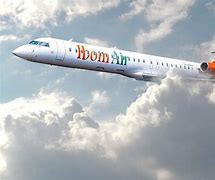
“We are in the process of drafting a practice direction to satisfy the Aviation Working Group that once we give a practice direction that says, please, our judges, don’t grant injunctions to detain aircraft that are on dry lease in Nigeria because it gives us a bad image and it is against the Cape Town Convention of the Aviation Working Group,” the minister promised.
Unhealthy Marketing Strategies
Since Air Peace started operating to London, there have been all types of acceptable and callous marketing strategies employed by rival airlines or those working for the other airlines that also operate directly and indirectly to London to use appeal on fear to discourage potential passengers from flying Air Peace. Anonymous posts on social media, especially X such as the one sent by ‘Anonymous Groups’, read: “A host of meteorologists have been contacted to provide wrong weather forecasts to Air Peace flying to London in the coming weeks. The NWS meteorologists have been paid heavily by External Airlines who feel Air Peace involvement in international operations is a threat to their operations…”
Although a senior air traffic controller in Lagos told THISDAY that such threat is impossible and untenable, observed, however, that ignorant people could take the threat seriously and got frightened, but an informed source told THISDAY that Air Peace is unperturbed and has never reacted to such threats because it has prioritised safe flight service and it is confident in the safety and security of its operations.
“The airline’s internal checks are superb. They take seriously safety protocols and they have in-built processes that make it impossible to release an aircraft without layers of checks,” aircraft engineer close to the airline, told THISDAY.
National Security
Industry insider and the Managing Director of Flight and Logistics Solutions Limited, Amos Akpan, said the airlines involved should seek the help of the National Security Adviser (NSA) to identify those behind those toxic messages.
“Air Peace and indeed all airlines mentioned should send copies of the audio and video messages to the National Security Adviser with a written complaint. The NSA should direçt the investigative agencies to trace the origin. The originator, when tracked, must be apprehended as suspect intending to breach security. Aviation, indeed airline operations, is directly linked to national security. After the report, the airlines should not join issues with these people on the social or mainstream media.
“The airlines should focus on compliance with their approved operational specifications and maintenance procedures. They already have a lot of hurdles to get over and deliver timely quality services to their customers. This is a distraction that should not be given a place in the airline’s agenda. They are attention seekers who want to be recognised as trending by rubbing shoulders with Air Peace. I don’t read nor listen to most publications on social media. I am extremely selective of what I read or hear. No serious minded person should pay attention to social media prophets and their prophecies,” Akpan said.
Former Managing Director of the Nigerian Airspace Management Agency (NAMA) who is also former Director General of NCAA, Captain Fola Akinkuotu, told THISDAY that the although the constitution already allowed for free speech, but stressed that it does not mean that people should be allowed to ruin capital intensive investment of others, saying that the regulatory authority could decide to take such matters up and lampooned those who are gullible to all kinds of prophecy, describing such as bad trend.
Also, the former Managing Director of NCAA, Benedict Adeyileka, advised that NCAA should investigate such misinformation.
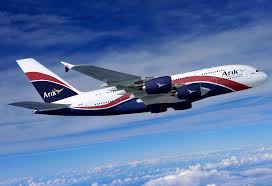
He said NCAA’s comment on the issue will carry a lot of weight, adding, “It is an indictment of NCAA if people are saying an airline under their regulation is not worthy. So, NCAA should show solidarity with the airlines so attacked and also express their confidence on the safety status of those airlines.”
Aviation is an international business with its regulations domesticated by individual states to make policies guiding the aviation industry. So, anything that has negative impact on any airline reverberates to suppliers, lessors, insurers and maintenance companies that do business with that airline. Such can ruin the business of an airline, if its partners seize to have interest in it.


